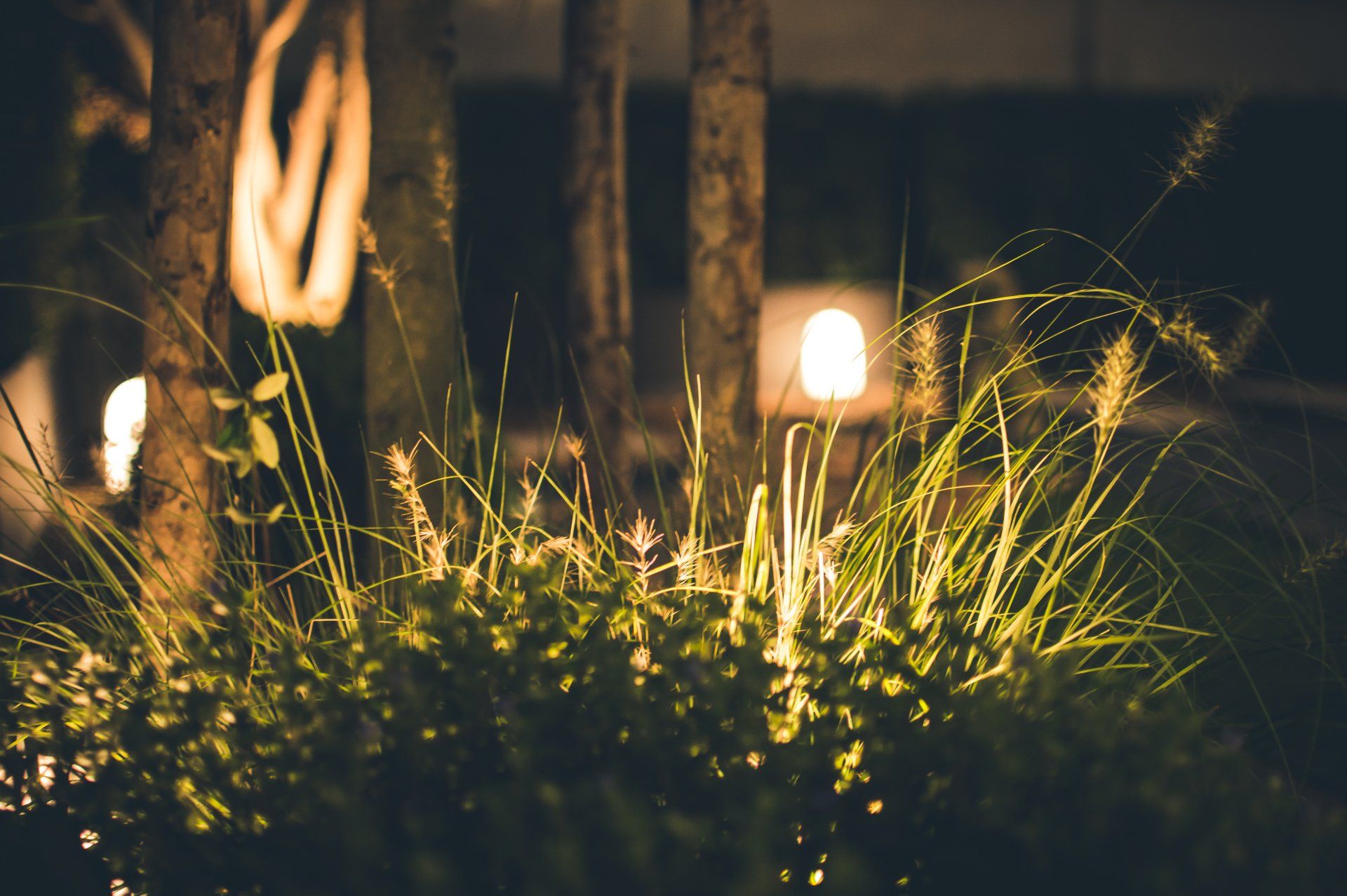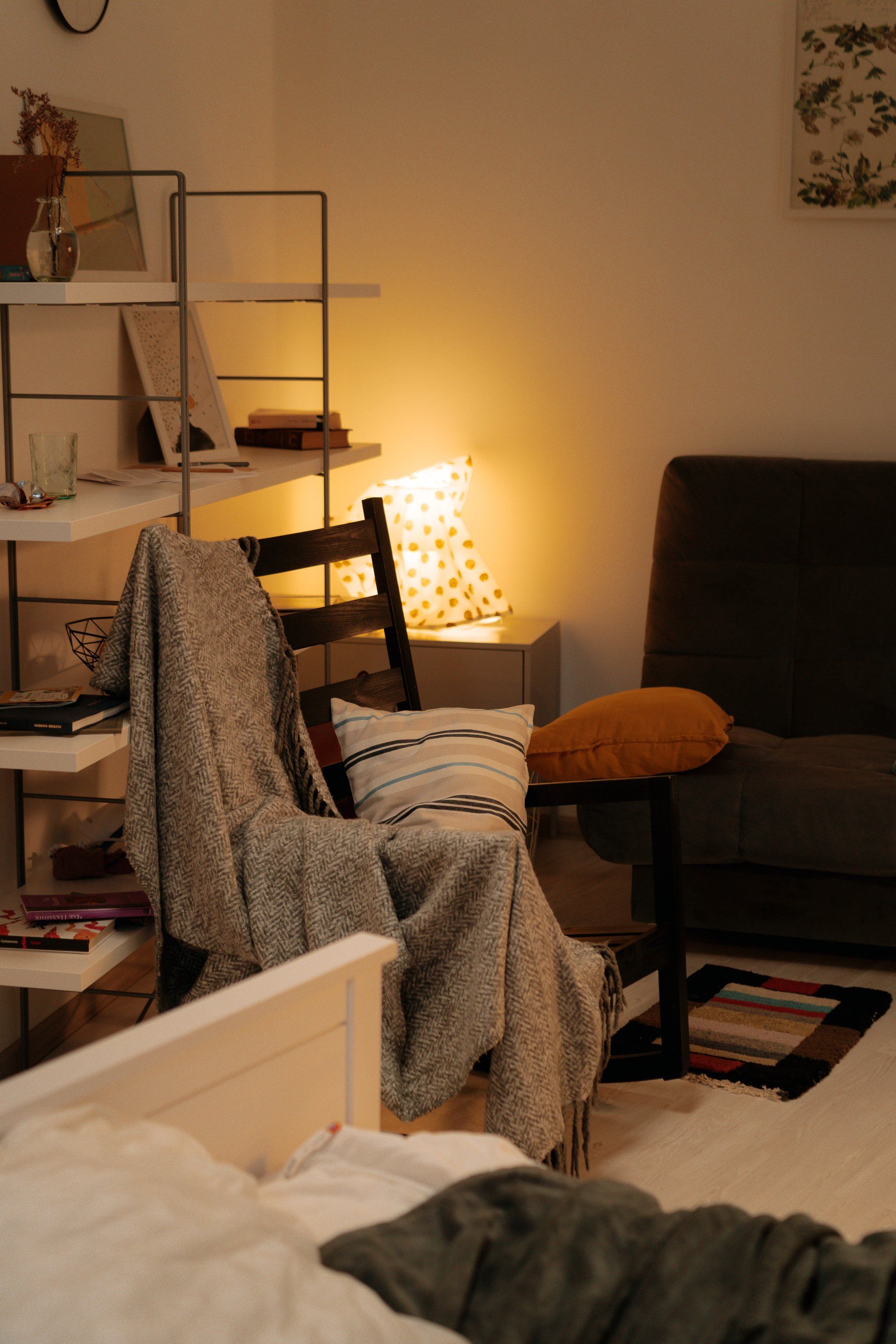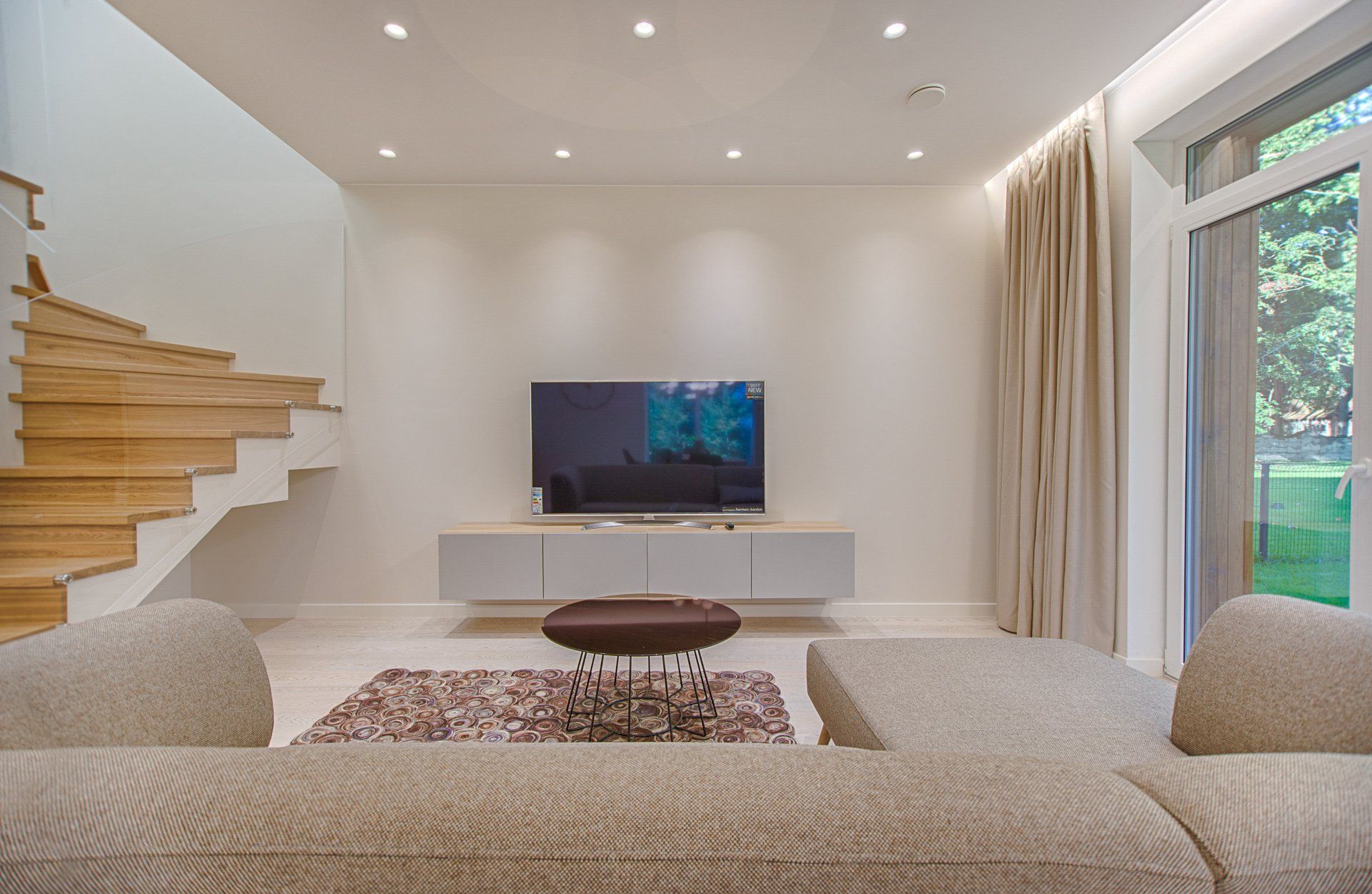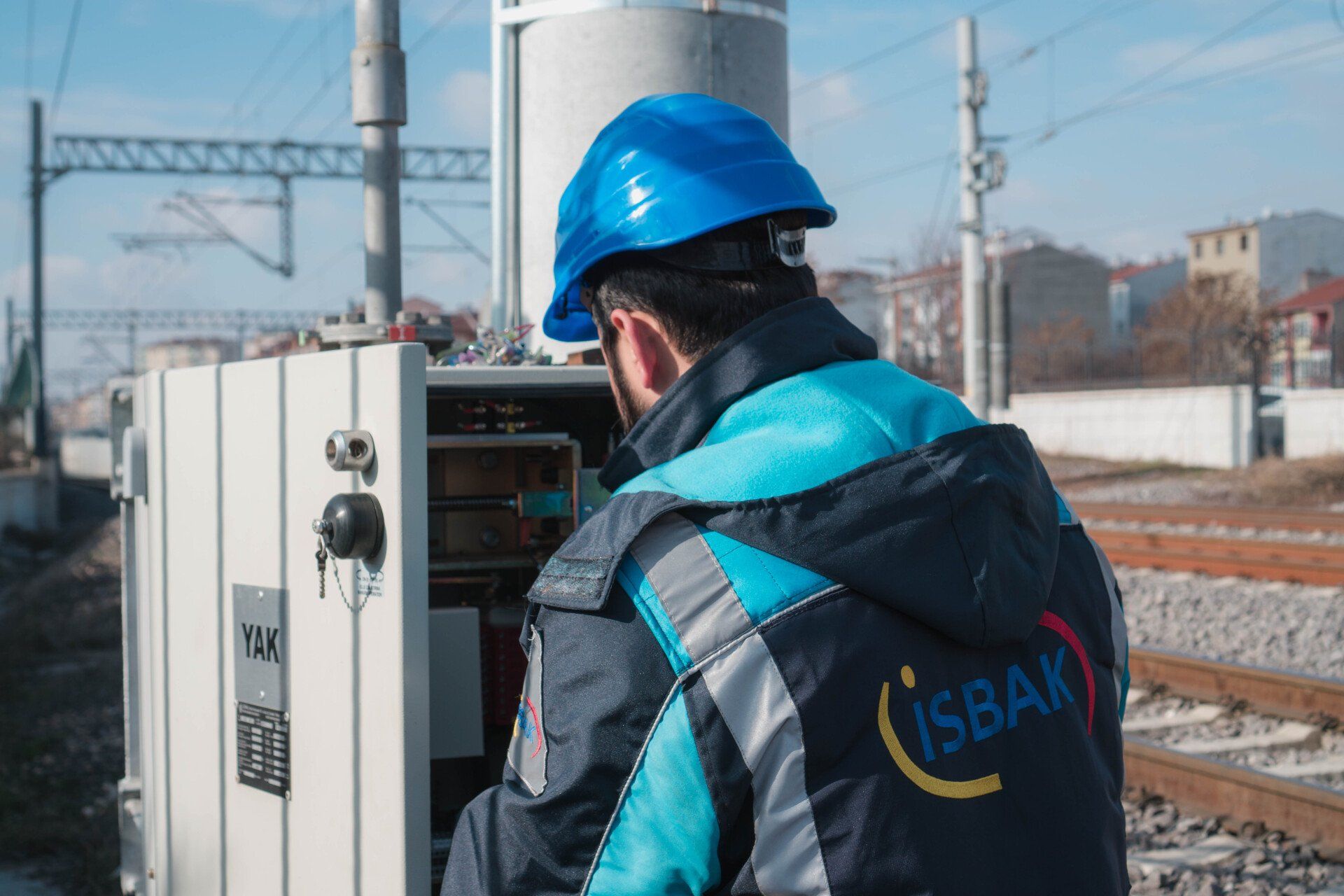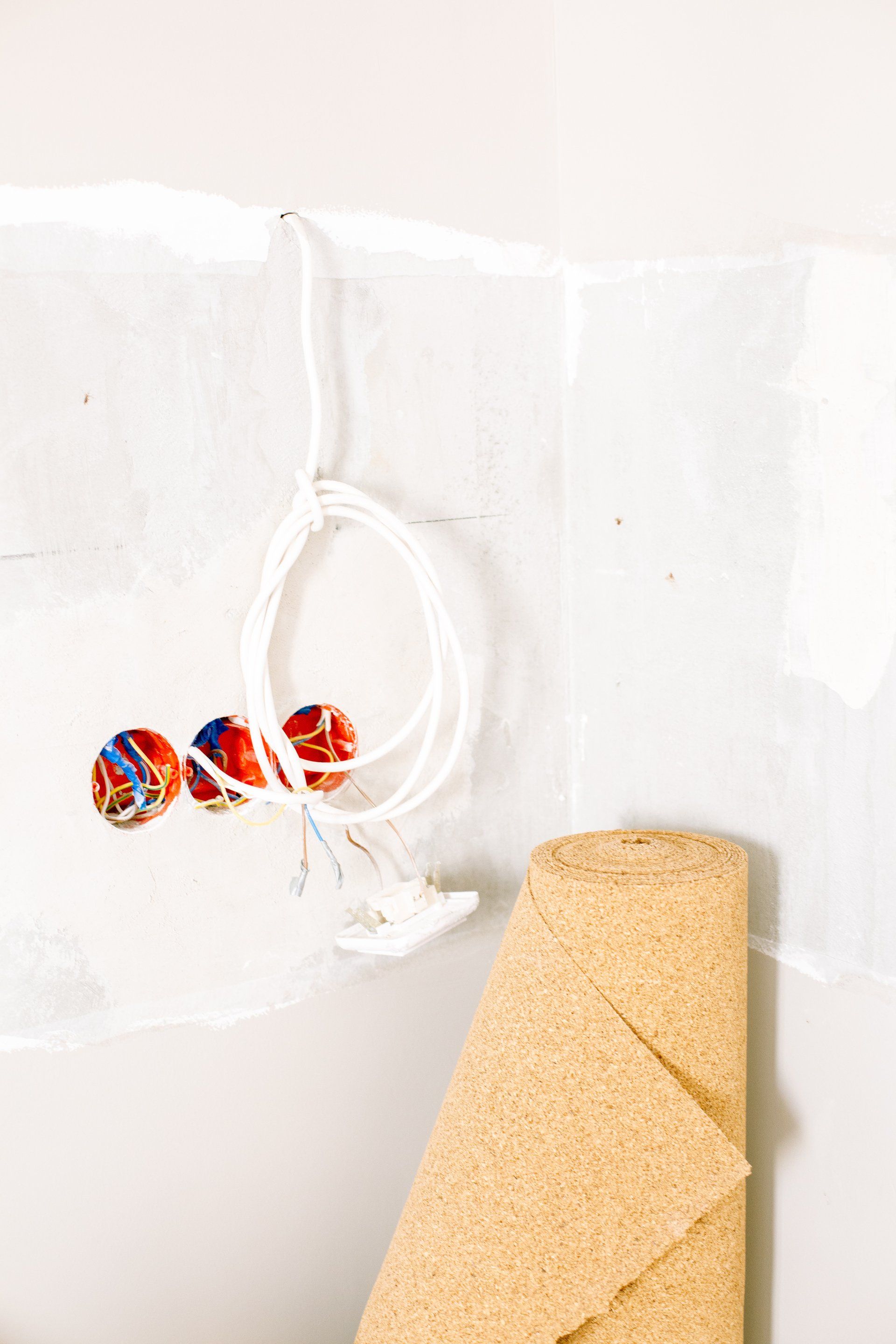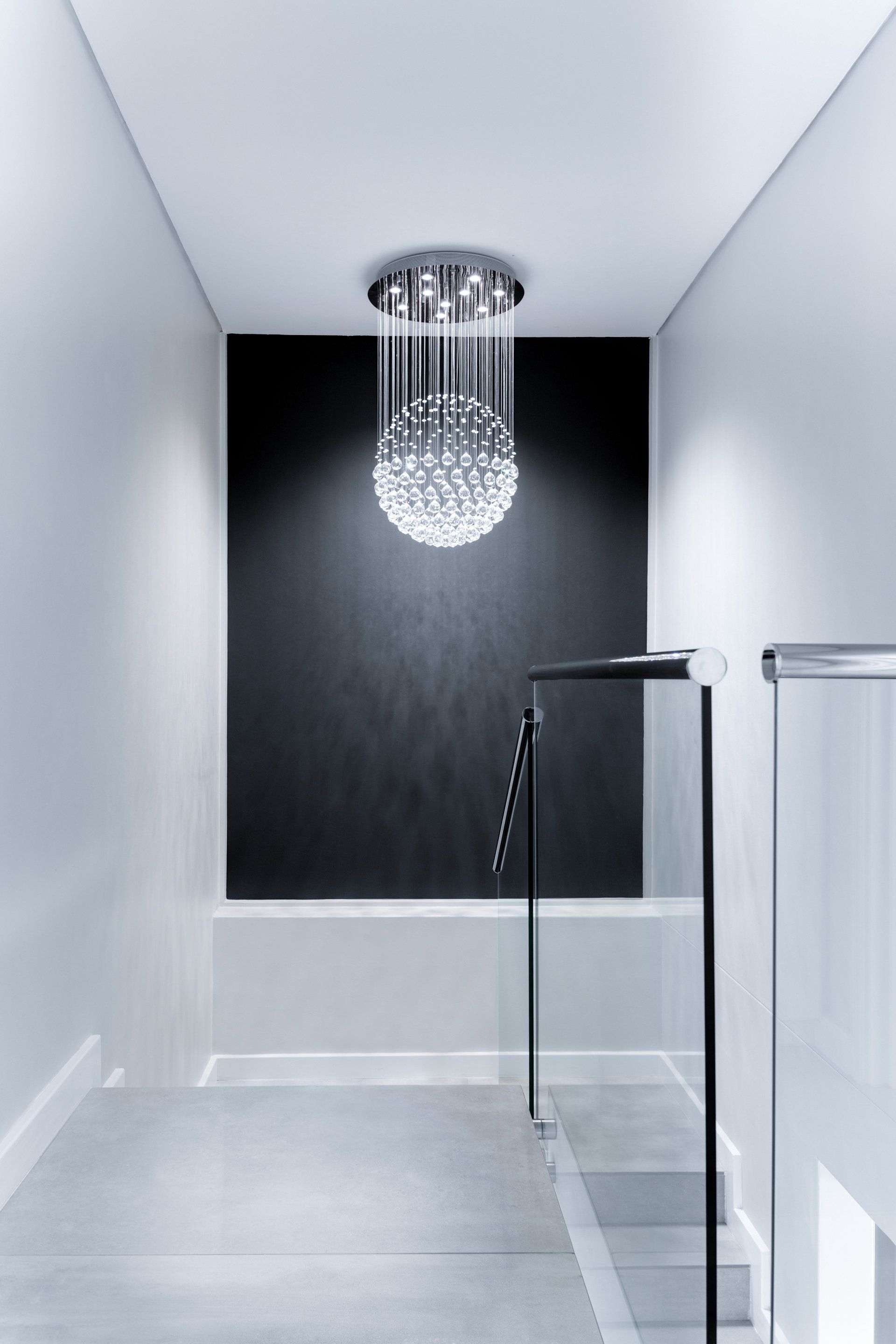How to Maintain Your Home Appliances and Devices
How to Maintain Your Home Appliances and Devices
Each of us uses many electrical appliances and gadgets every day. Do you worry about safety? These electrical devices are so common in our homes that we often forget about the hazards and risks associated with their usage. You should spend time learning about safe usage principles and make sure that everyone in your family is familiar with them.
Safety rules for electrical appliances, cords, and bulbs are very simple. All that is required to use electrical appliances, cords, and other equipment safely is awareness and a little precaution. Below are some safety rules you should review and pass on to anyone you care.
Appliances
- Don’t buy appliances that are not accredited.
- Be sure to unplug appliances when not in use.
- Heating appliances such as electric heaters, irons, and heating rods should be given adequate clearance. Appliances used for heat generation, such as heating rods, electric heaters, and irons, need adequate air circulation. Don’t place clothes or toys near hot appliances.
- Never attempt to repair or upgrade appliances without consulting the user manuals.
- Keep appliances out of direct contact with water, including sinks, bathtubs, and pools, as well as any overhead dripping vents.
- Avoid standing on the ground or using wet fingers to operate electrical equipment.
Outlets
The modern home’s electrical outlets are very exposed and inviting for pets and kids. These are some ways to protect outlets.
- Keep unused outlets closed. You can cover them with solid plates or use childproof caps to prevent damage.
- Avoid overloading outlets by using too many adapters and power lines.
- Always use adapters and plugs that are the right size and weight to be plugged into an outlet.
Cords
Cords are commonly used to extend the reach of electric outlets. The following tips can help keep cords safe and clean.
- Regularly inspect the cords for cracks, frays, or kinks to prevent any unwelcome incidents.
- You should ensure that your cords hold securely to the outlets. If the cord is loose or not fully plugged in, replace it.
- Do not use extension cords regularly at home. They’re temporary solutions and should be avoided as much as possible.
- Choose the size and weight extension cord that best suits your needs and uses. You should ensure that the extension cord can be used indoors or outdoors, depending on what you are doing.
- Do not place the cord-outlet connector joint in an area that is likely to be damaged by pets or children. Keep these joints out of wet areas such as bathrooms, sinks, and bathtubs.
Please contact professionals if there are any questions regarding your electrical equipment.


Get a Free Quote Today!
Electrician Red Deer Quote
